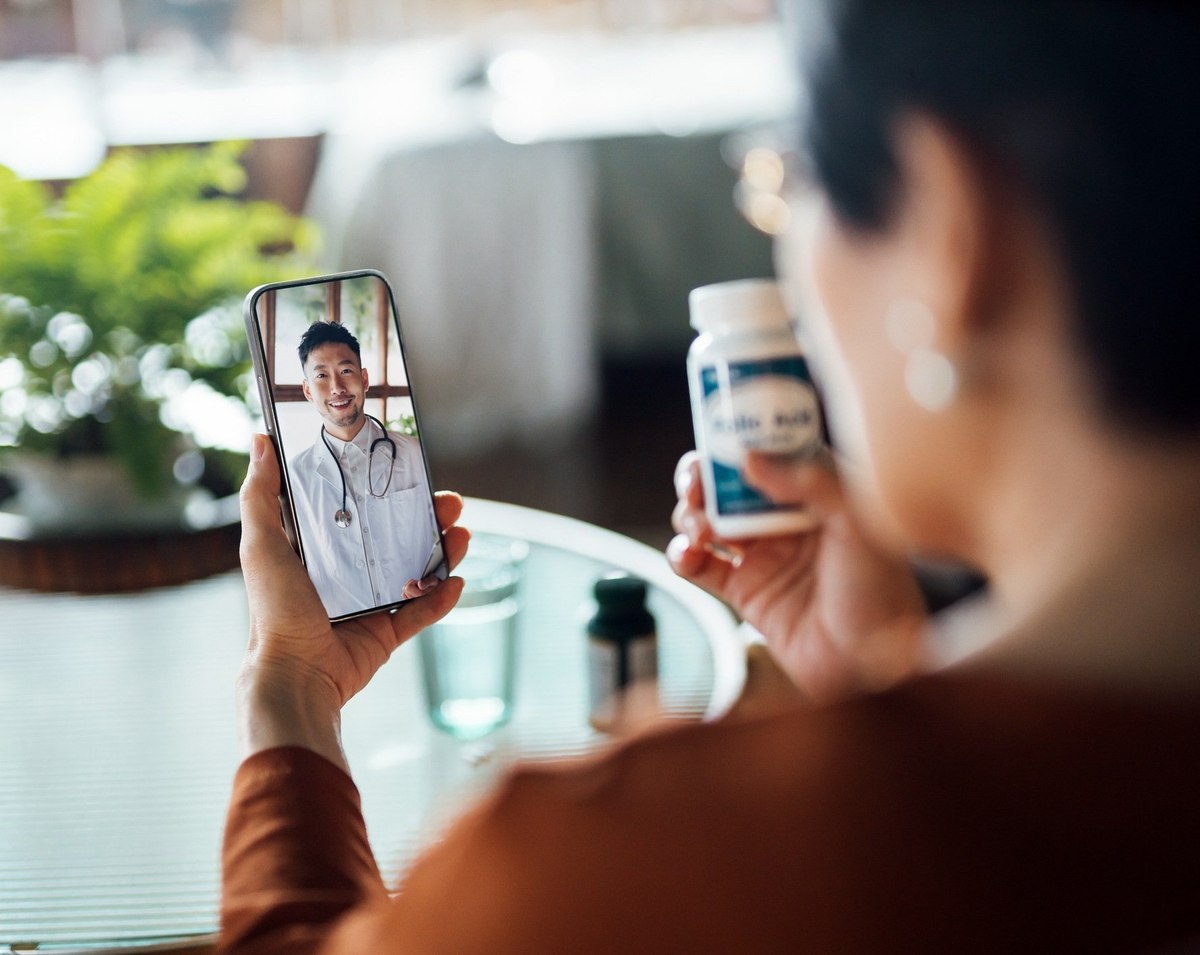
What mHealth apps are Americans using?
The COVID-19 pandemic made virtual consultations a reality, and with growing use of innovative technology, telehealth could be a shot in the arm for the healthcare sector. With data from a recent YouGov Surveys: Serviced poll we look at the appetite of American consumers to use mHealth apps, which ones and why.
We conducted this survey in both US and UK, where while more than three-quarters of Britons say they have never used an mHealth app (77%), the proportion is not as high in the US, but it’s still more than half of the population (53%). About a tenth of Americans these types of apps a few times a month (10%), while one in 25 also use an mHealth app daily (4%).
Among consumers who have used at least one mHealth app, MyChart, which provides secure access to medical records and allows users to communicate with their healthcare providers, is the most popular in the US (49%). Doctor on Demand, which, as the name suggests, provides virtual consultations with licensed healthcare workers, and Aetna Health register around two in ten consumers who use each app – 21% and 20%, respectively. Around three in 20 Americans say they use QuickMD (16%) and Zocdoc (15%), while another one in eight use APPatient (12%). A similar share of Americans (13%) reported using other mHealth apps including MyHealth and Kaiser Permanente, among others.
When asked about their motivation for using mHealth apps, convenience is the most commonly recorded factor, picked by more than half the users (51%). Easy access to healthcare professionals is the second most common motivator (42%). Over a quarter of American users are motivated to use mHealth apps because of recommendations from healthcare providers (27%) and personal interest (26%). More than two in ten are motivated by improved health outcomes (22%).
According to the data, the feature that most Americans find helpful in mHealth apps is reminders (24%). This is followed by educational content and personalized recommendations, each at 19%. Social support and community features are helpful to 14% of the respondents, while 8% mentioned other features like viewing test results.
When it comes to discontinuing the use of mHealth apps, 48% of the respondents say they have not stopped using any mHealth app. Those who have discontinued the use of an mHealth app, technical difficulties/glitches (19%), cost (17%) and lack of usefulness (17%) were the most common reasons. Security/privacy concerns were reported by 14% of the respondents.
Explore our living data – for free
Discover more health and pharma content here
Want to run your own research? Run a survey now
Make smarter business decisions with better intelligence. Understand exactly what your audience is thinking by leveraging our panel of 20 million+ members. Speak with us today.
Methodology: YouGov Surveys: Serviced provides quick survey results from nationally representative or targeted audiences in multiple markets. This study was conducted online on March 28-29, 2023, with a nationally representative sample of 1,222 adults in United States (aged 18+ years), using a questionnaire designed by YouGov. Data figures have been weighted by age, gender, education, region and race to be representative of all adults. Learn more about YouGov Surveys: Serviced.
Getty Images